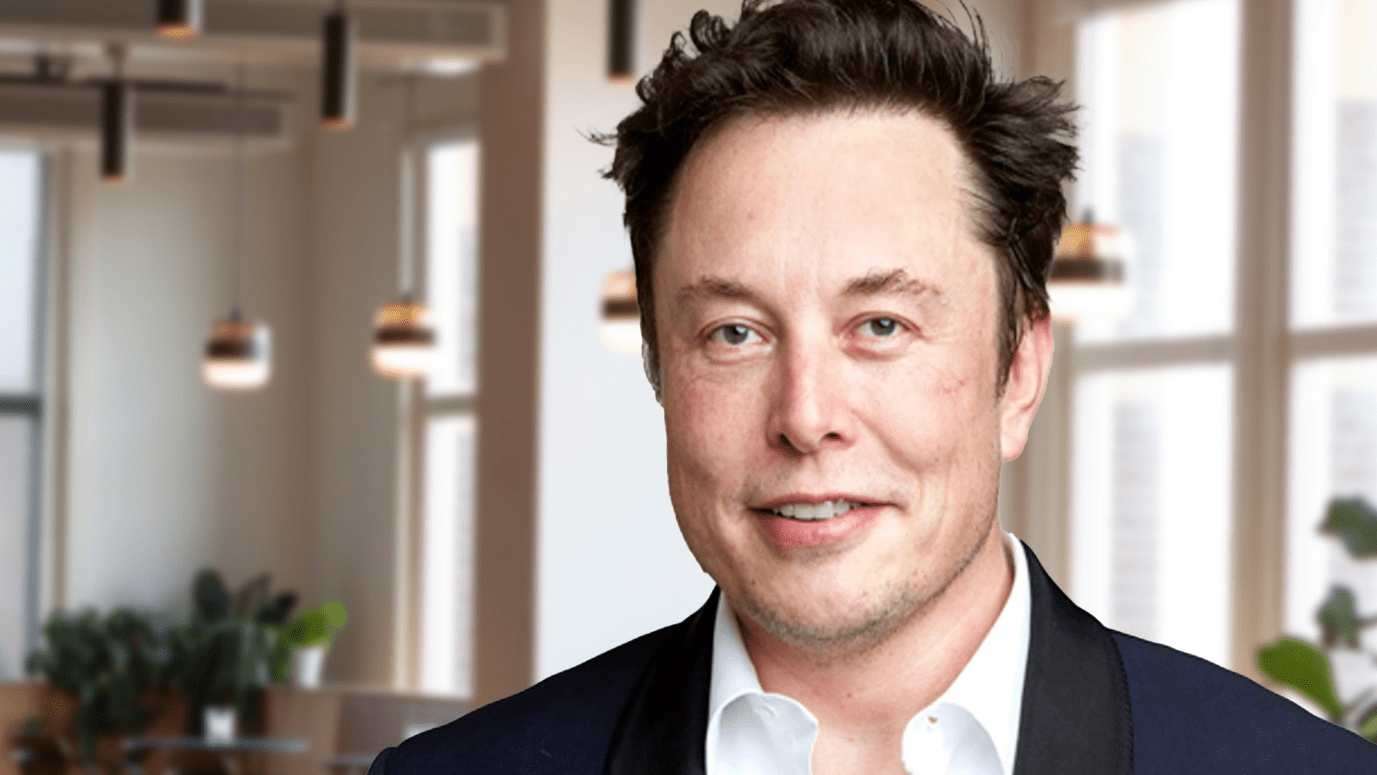

November 18, 2021: -Elon Musk’s sales of Tesla stock came as little surprise to those who follow the story of his potential tax bill of $10 billion to $15 billion on stock options allowed in 2012. Yet, according to accountants, most of his sales don’t show to be connected with taxes which could mean he will unload far more stock than expected.
The options on Musk’s 23 million shares end in August, which is the deadline for the tax bill because of California and the Internal Revenue Service. Musk started exercising the options on November 8. He exercised $2.5 billion in shares and sold $1.1 billion of those exercised options to pay taxes.
“The shares of the stock were sold to satisfy the reporting person’s tax withholding obligations related to the exercise of stock options,” said a footnote to his Securities and Exchange Commission filing for November 8.
On Monday, Musk sold more than $930 million in shares to pay taxes on options he exercised on 2.1 million shares. That brings his total options exercises to nearly $4.6 billion and shares sold to meet tax withholding obligations to $2 billion.
Yet most of the previous week’s sales were for a different reason. Instead of selling as part of an option, Musk started selling from his existing shares. Accountants said that it would be impractical for Musk to use those existing shares paying the tax on his options since they carry a much higher tax bill.
Musk’s options are taxed as ordinary income as they are considered compensation, and the combined federal and California rate could be nearly 54%. The strike price on the options is $6.24 per share, and Tesla’s stock price on Monday was over $1,160 a claim so that he would pay higher taxes — more than $10 billion on his gain of over $20 billion.
Typically, executives sell the exercised shares immediately after they’re purchased to pay the taxes, in what’s known as a “cashless” exercise. Since the shares are sold, no additional capital gains tax is owed on the shares sold.
Because Musk’s sales are beginning November 9 were straight stock sales with no cost basis, he would owe long-term capital gains taxes of up to $1.3 billion. By using those proceeds to pay the options tax would amount to paying taxes twice on the capital gains and the options.
“It wouldn’t make sense from a tax perspective for him to use those proceeds for the options tax,” said Toby Johnston, a partner in charge of the Silicon Valley office of Moss Adams, an accounting, consulting, and wealth management firm.








© THE CEO PUBLICATION 2021 | All rights reserved. Terms and condition | Privacy and Policy